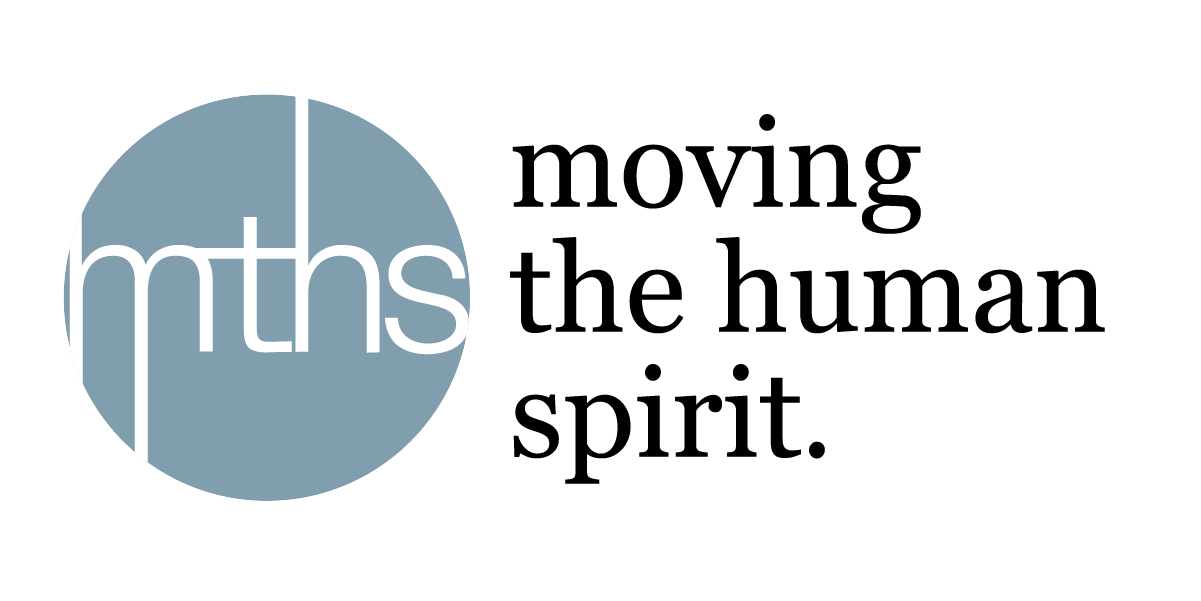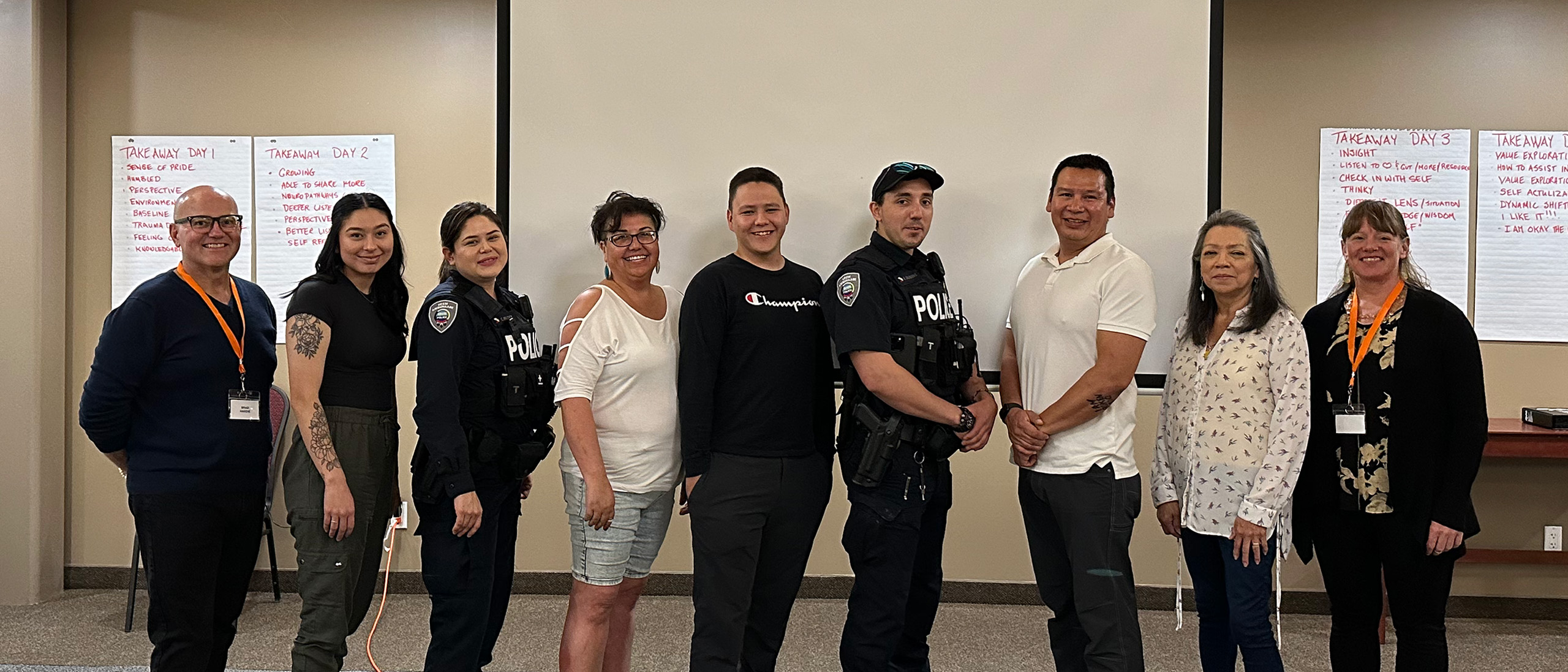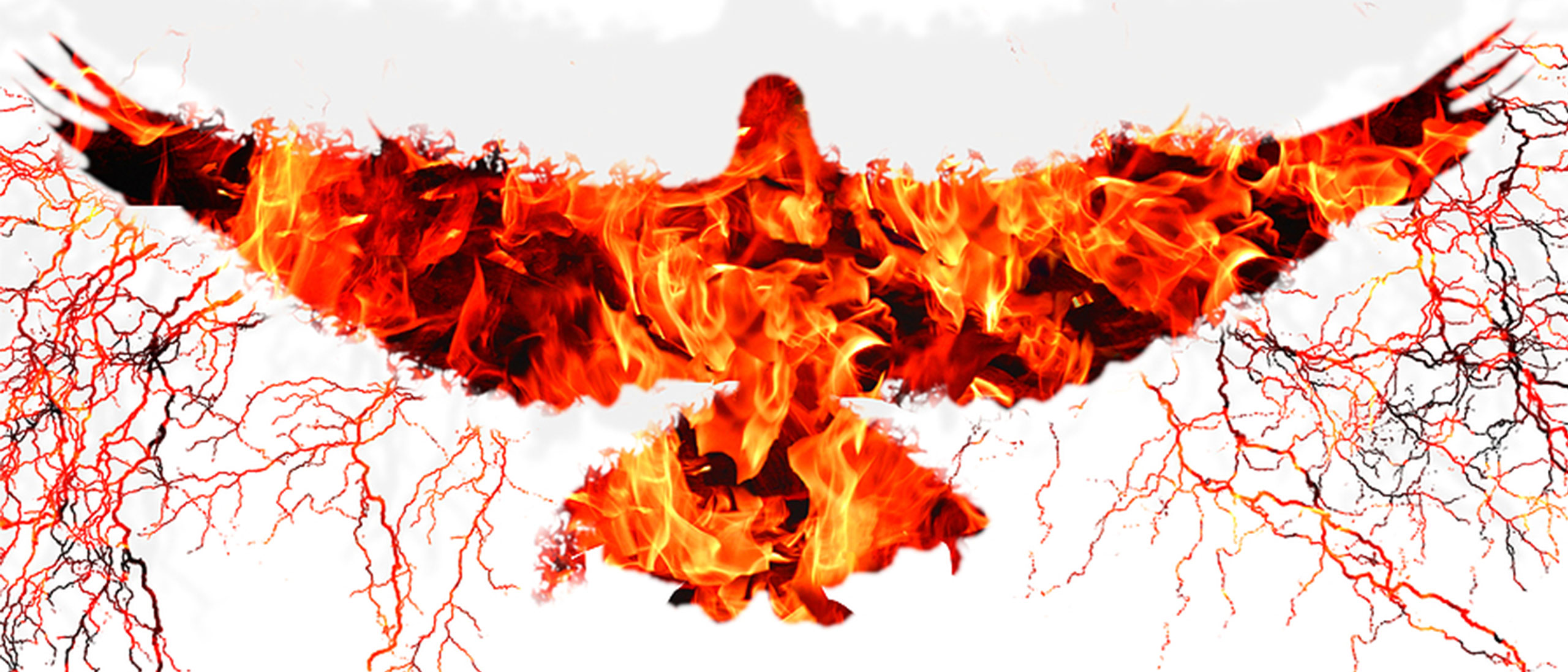As we say goodbye to 2024 (our year of Adaptation) and welcome 2025, we have an opportunity to consider our intention for the next 12 months. While pondering the best resolution given the challenges we continue to face in a world of unrest, distrust, and upset, we can also consider embracing, living, and working compassionately this year.
As we approach the end of this year, I wanted to take the time to reflect on our journey. It was marked by global events that may sometimes leave us uncertain and can challenge our moral compass. The headlines have stories that test our collective resilience and raise essential [...]
Moving the Human Spirit was invited to participate in and deliver one of the trauma-informed trainings with the UCCM Anishinaabe Police Service, which launched the 'Lighting the Fire Within' initiative in Manitoulin, Ontario. This powerful program addresses trauma within the Anishinaabe community by delivering culturally sensitive training that empowers [...]
As we take stock of the year that has passed, this famous quote by Franklin D. Roosevelt seems to sum it up on so many levels. “When you reach the end of your rope, tie a knot in it and hang on.” These sage words still ring true as we enter [...]
Client referral is one of the most important conversations that we have in Trauma Informed Coaching - when, why and how to refer coaching clients. The Role of Trauma Informed Coaches As Trauma Informed Coaches, or even Coaches in general, we have an ethical responsibility to refer our clients [...]
What is Coaching? The International Coaching Federation (ICF) defines coaching as “Partnering with clients in a thought-provoking and creative process that inspires them to maximize their personal and professional potential.” Very clean, very simple. As Trauma-Informed Coaches, we also partner with clients in thought-provoking and creative processes to maximize [...]
How can you discover your niche market and live a life of passion and purpose while you do it from anywhere in the world? I have had this conversation hundreds and hundreds of times over the past ten years, both with potential students and clients. I think I’ve come up [...]
The phoenix is a mythological creature that is known for its resurrection. When its life comes to an end, the phoenix collapses in a fiery pyre, depleted and drained, burning to ash before rising once more to be reborn. The analogy reminds me of trauma survivors that have endured [...]
Blogmthsadmin2023-08-07T02:29:55+00:00
Latest articles about Trauma-Informed Coaching








